Electrical Safety during storm
First Class Electric :: Lexel Inc. d.b.a. First Class Electric :: NJ Electrical license # 34EI01574400 :: Business Permit # 34EB01574400>Blog> Electrical Safety During Storm
How to Stay Safe During Storms: Protecting Against Electrical Hazards
As nature's fury unfolds during a storm in all kinds of ways, the risk of electrical hazards increases exponentially, posing an immediate threat to health, life, and property. Understanding and promptly implementing safety measures is paramount to protecting our loved ones and ourselves against such dangers.
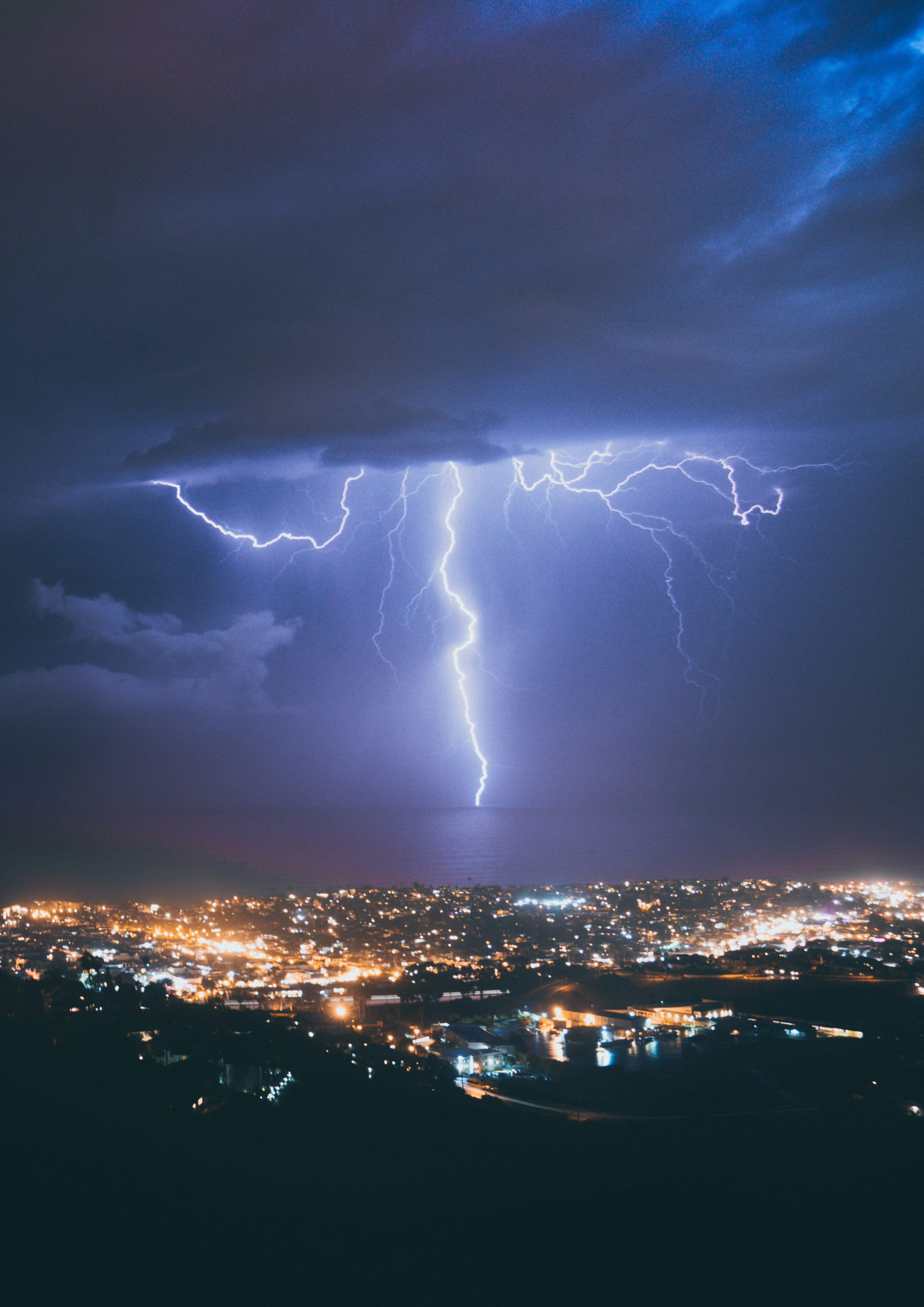
We will talk about some essential precautions to stay safe from electrical hazards during storms while addressing common concerns and queries, and providing actionable advice.
Are floods dangerous in terms of carrying electrical currents?
Floodwaters can become highly conductive due to contaminants and debris, making them extremely hazardous when it comes to carrying electrical currents. Even relatively shallow water, while not directly threatening us otherwise, can pose a significant risk in terms of electricity. Submerged electrical appliances, outlets, or equipment can lead to electric shocks or fires. It's crucial to avoid contact with floodwaters as much as possible, especially in areas where electrical equipment is present.
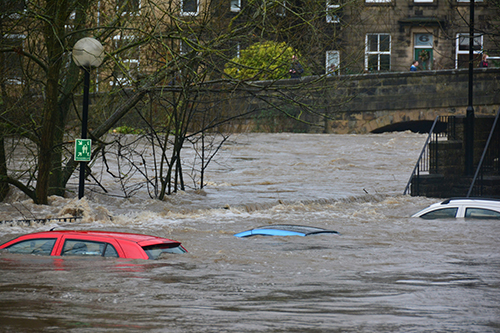
How should someone report downed power lines in their neighborhood?
Reporting downed power lines promptly is crucial for public safety. If you spot a downed power line, keep a safe distance (at least 30 feet). Do not touch the line or anything in contact with it to avoid electric shock. Immediately call emergency services and your local electrical utility company to report the issue. Provide them with the exact location and any relevant details to facilitate swift response and mitigation of the hazard. Warn others to stay away from the area until professionals arrive to secure the scene.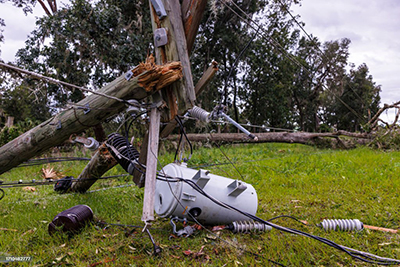
Is it safe to drive over downed power lines in the street after a major storm?
Absolutely not. Driving over downed power lines is extremely dangerous and can lead to severe injuries or fatalities. Even if the power line appears inactive, it may still be live and capable of conducting electricity. Always assume downed power lines are energized and keep a safe distance. Alert authorities immediately and wait for professional assistance to address the situation safely.
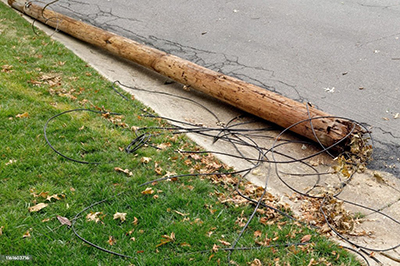
Additional Tips for Electrical Safety During Storms:
- Unplug electrical appliances and equipment to prevent damage from power surges.
- Use whole-house surge protectors to safeguard sensitive electronics.
- Avoid using electrical devices during storms, especially corded appliances.
- Stay indoors and away from windows during lightning storms.
- If you must venture outside, stay clear of tall objects and seek shelter in a sturdy building or vehicle.
- Keep flashlights and battery-operated radios handy for emergencies.
- Have a comprehensive emergency preparedness plan in place for your household.
What if I am caught outside during a lightning storm?
Move to a low point, away from tall objects and trees. Avoid metal objects and water, and spread out from other people or animals to minimize risks of lightning strikes. Never stay under a lone tree in an open space – single trees attract lighting as a magnet being the tallest object in the area.
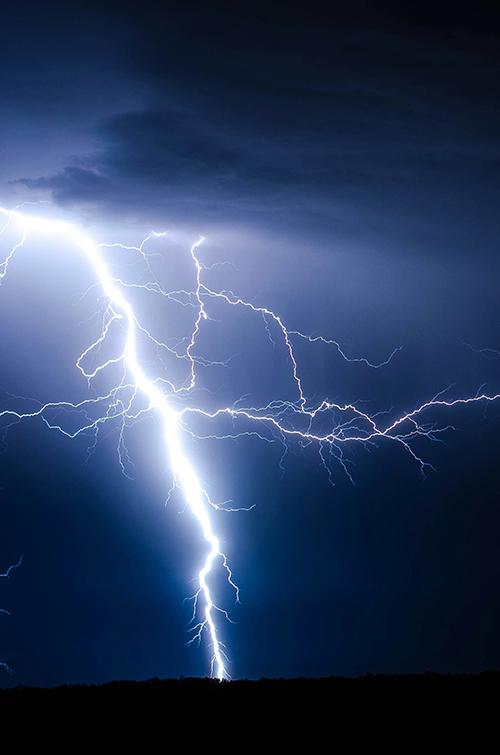
Should I stay inside my car, or run out of it during a thunderstorm?
Stay inside a fully enclosed vehicle with a metal top in the active lightning phase of the storm. Avoid using electronic devices and radio communications inside the vehicle until the storm is over.
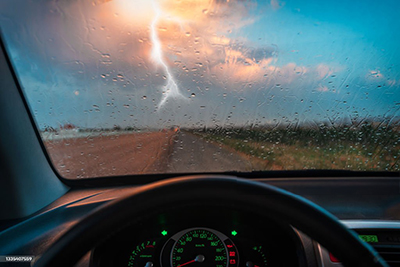
The storm is still at full force outside. Are we safe from lightning inside?
Generally yes, unless you fail to take certain simple precautions. Stay away from windows and doors, unplug electronic equipment, and avoid contact with water and plumbing fixtures to minimize the risks of lightning strikes indoors.
My basement is flooded. Is it safe to go down there?
Exercise extreme caution when entering flooded areas, as submerged electrical outlets or cords can electrify water, posing lethal risks. Switch off the power prior to attempting to do anything in a flooded basement.
My appliances got wet during the flood. When can I start using them, after they dry out?
Definitely do not use wet electrical appliances, but even when they dry out some of them might need to get examined by a qualified service repair dealer to prevent potential hazards.
Is my home’s electrical system affected by the flood?
Water intrusion can damage electrical components, necessitating the replacement of affected items by licensed professionals to ensure safety. Do not assume everything is functional, even if it all seems normal, until thoroughly checked by an expert.
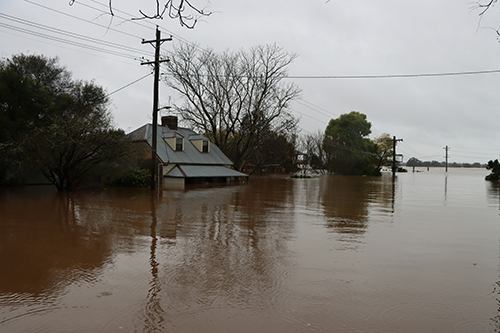
For residents of Central New Jersey, First Class Electric offers expert electrical services and promotes community safety. Whether you have questions about electrical safety during storms or require professional assistance with electrical installations or repairs, First Class Electric is here to help. Contact us at 908-325-1777 for reliable assistance with electrical needs or safety inquiries.
A Whole-House Serge Protection, for example, is a very efficient and comprehensive preventive defense against electrical hazards during a severe storm. We recommend that every house has one installed before the disaster strikes. And we can certainly help with that.
But in general, by implementing proactive measures and adhering to safety guidelines, people can mitigate the risks from electrical hazards during storms, safeguarding lives and property. Stay informed, stay vigilant, and prioritize safety to weather the storm effectively. Remember, when it comes to electrical safety, it's always better to be extra prepared and cautious.
